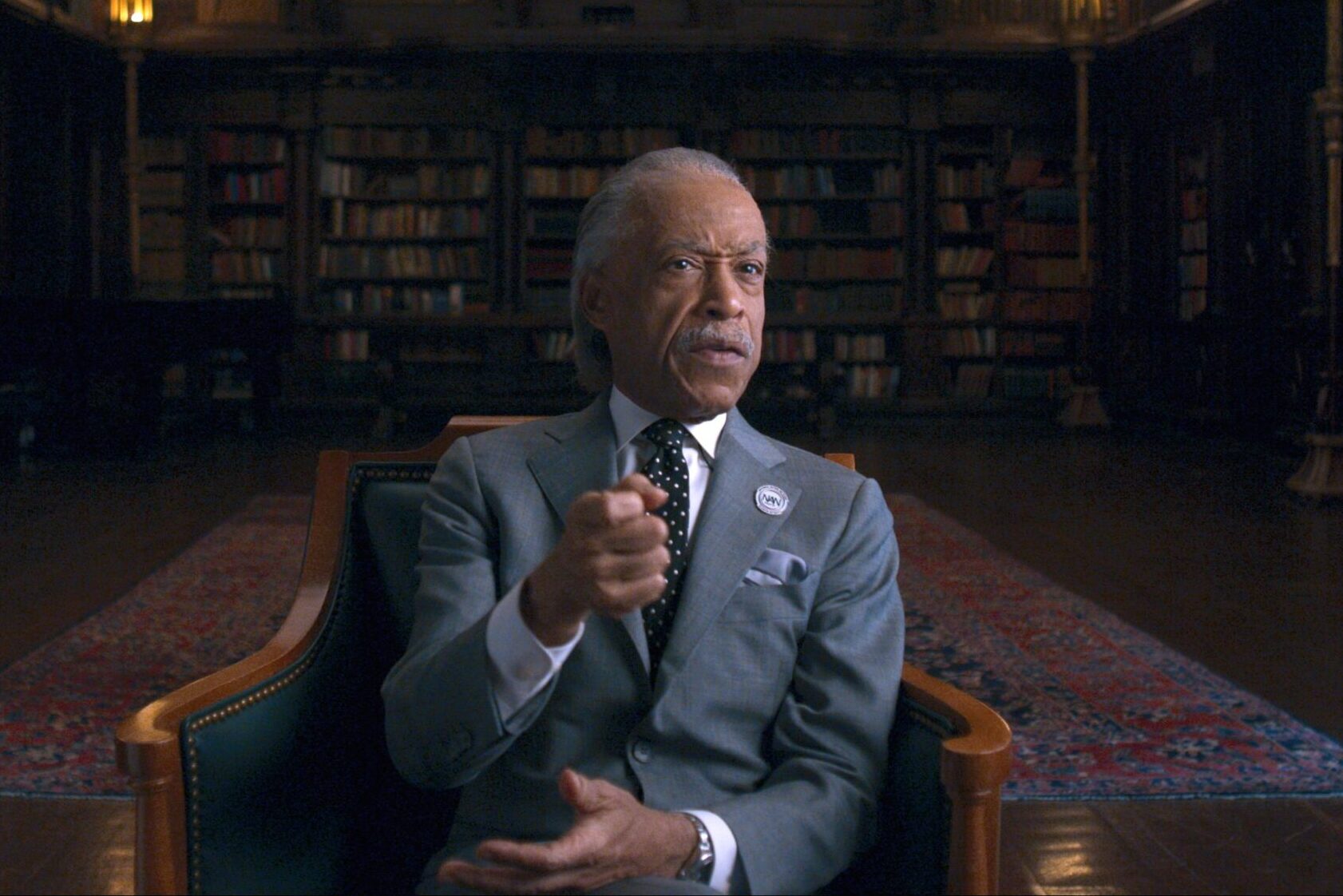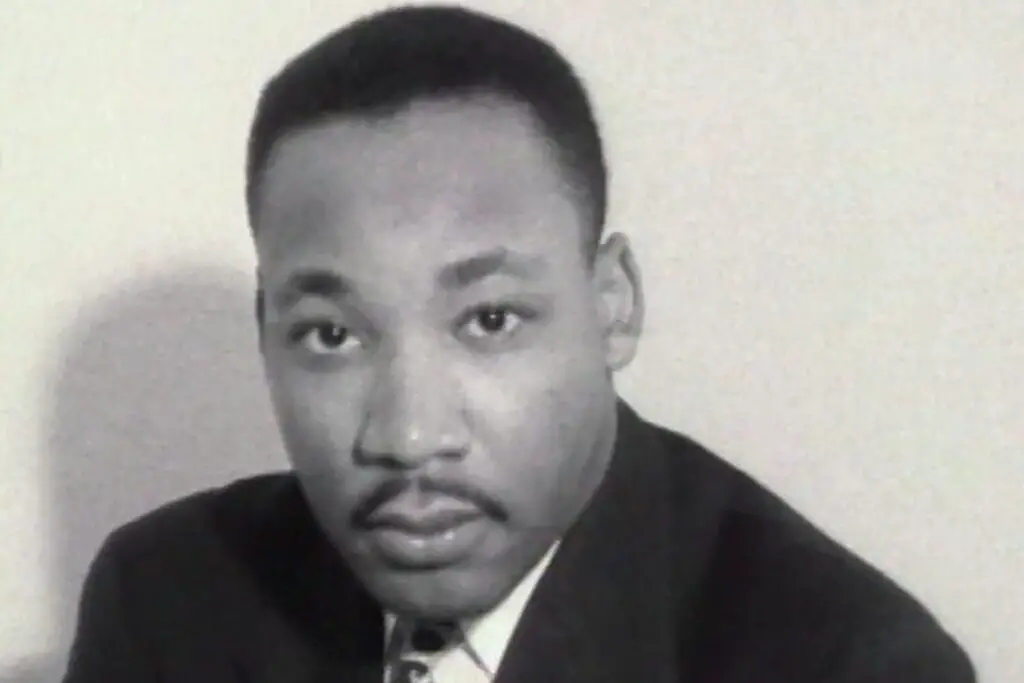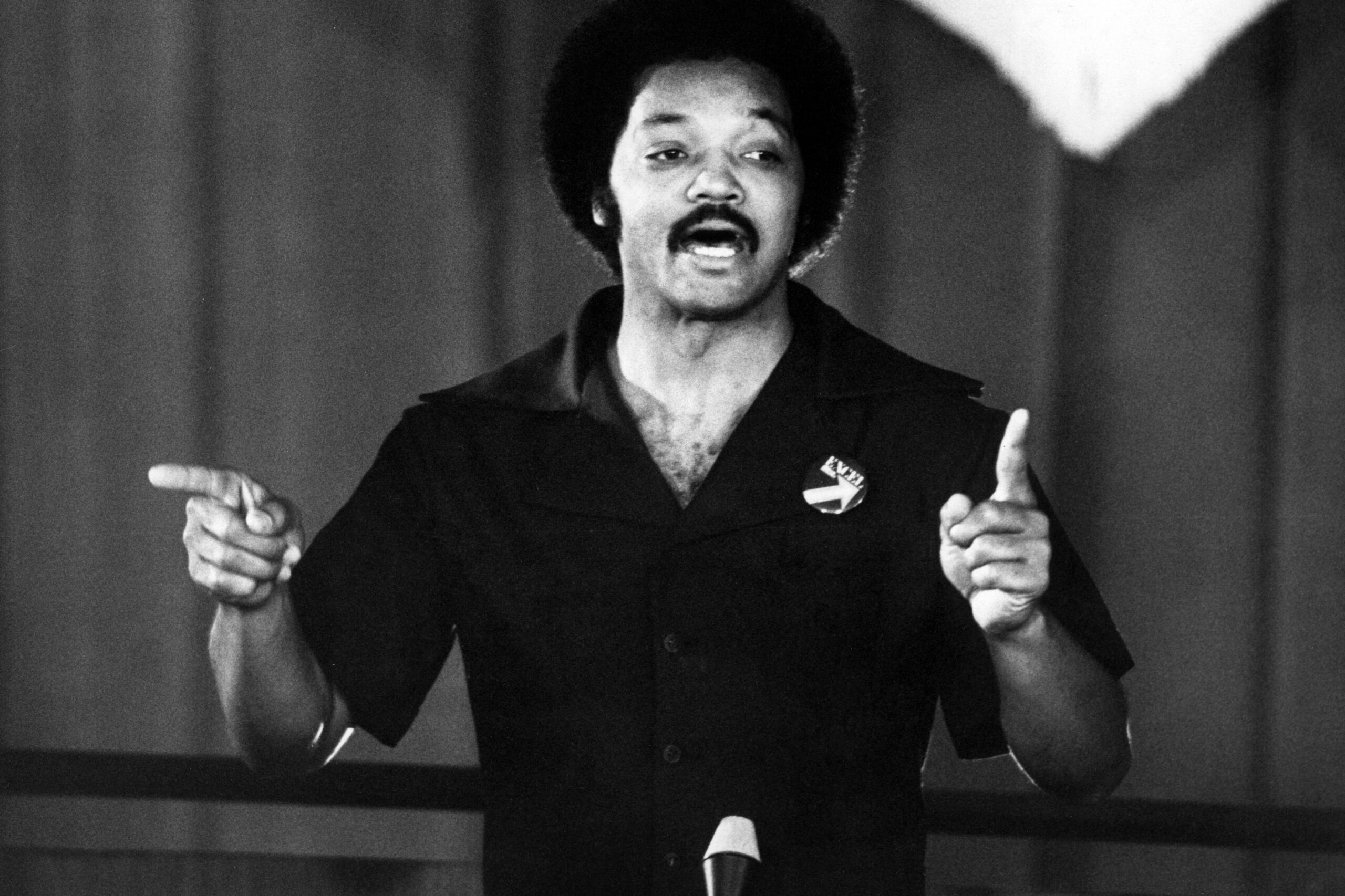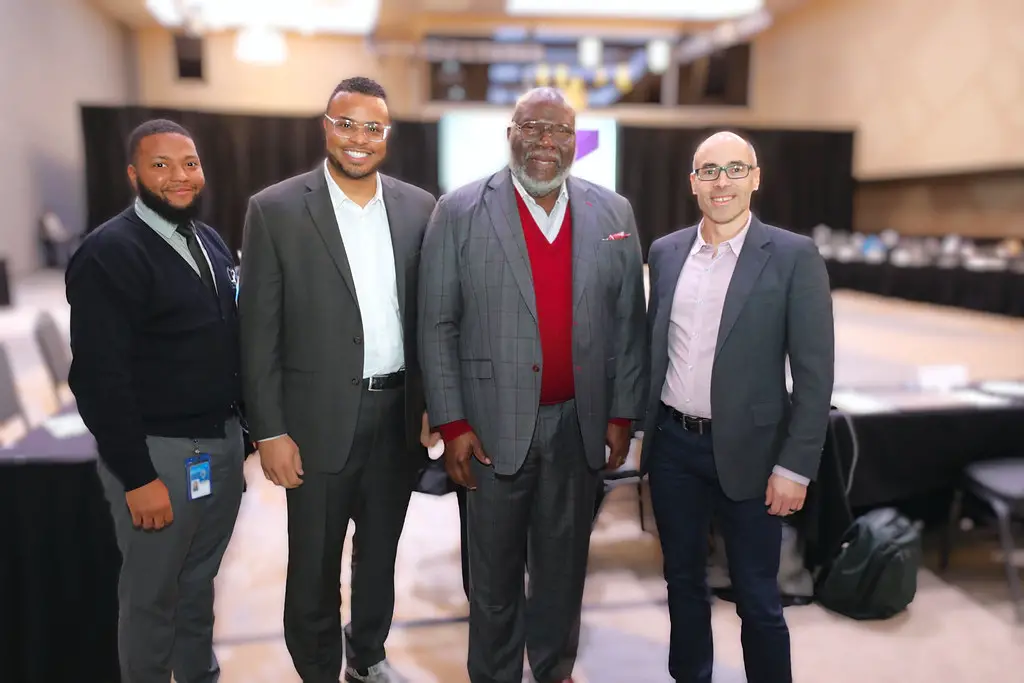1. Reverend Al Sharpton – A Powerful Voice for Civil Rights

Rev. Al Sharpton’s influence goes far beyond the pulpit, as he’s become one of the most prominent voices in the fight for racial justice. From the moment he founded the National Action Network in 1991, Sharpton was committed to addressing inequality and advocating for underrepresented communities. His advocacy work for victims of police brutality and his calls for greater civil rights reform have earned him recognition not only in religious circles but also among political leaders and activists alike. Sharpton’s sermons often intersect with his activism, delivering messages that challenge systemic oppression says The History Makers.
His personal journey, which includes rising from the streets of Brooklyn to national prominence, has shaped his unique approach to leadership. Sharpton’s ability to rally both faith-based and secular communities has been crucial in maintaining momentum for civil rights movements. He’s also known for his candidness in addressing uncomfortable truths, whether on television, at rallies, or in the courtroom. Despite facing criticism and controversies over the years, Sharpton’s commitment to justice has remained steadfast, positioning him as a leader who believes in the power of unity and collective action for change.
2. Dr. Martin Luther King Jr. – Bridging Faith and Activism

Dr. Martin Luther King Jr. may be best remembered for his leadership during the Civil Rights Movement, but his efforts extended far beyond his preaching at the church. A pastor at Ebenezer Baptist Church in Atlanta, King used his position to call for social change, blending his faith with a fierce commitment to justice. His “I Have a Dream” speech and his campaigns for desegregation were powered by his belief in the inherent dignity of all people, a conviction shaped by his religious teachings. King’s influence wasn’t just in the pews; it stretched across the entire nation, as his nonviolent resistance strategy became a model for activists worldwide explains HISTORY.
King’s ability to bring together various communities—Black, white, Christian, and secular—demonstrates how he used his position not only to preach but to foster a movement. His advocacy against the Vietnam War, economic inequality, and racial segregation cemented his role as a leader who wasn’t afraid to challenge both political and religious institutions. In his sermons and speeches, King urged his followers to see faith as a tool for social justice, and that activism was deeply connected to one’s religious duty. His tragic death did not diminish his impact, as his teachings continue to inspire movements and individuals working toward equality today.
3. Reverend Jesse Jackson – The Intersection of Politics and Faith

Rev. Jesse Jackson’s legacy is marked by his ability to blend political activism with religious leadership. As the founder of the Rainbow PUSH Coalition, Jackson has spent decades fighting for racial and economic justice, using his platform as a pastor to reach people of all faiths and backgrounds. His run for president in 1984 and 1988 pushed him into the national spotlight, making him one of the first Black leaders to command such a large political stage says Britannica. Jackson’s work in mobilizing voters, particularly in marginalized communities, was pivotal in shaping the political landscape of the ’80s and ’90s.
Jackson has always been a believer in the power of grassroots movements and the church’s role in fueling that change. His sermons are often filled with calls to action, inspiring listeners to see themselves as agents of change. His focus on economic empowerment, education, and healthcare has made him a key figure in shaping policies that affect African Americans. Jackson has not just led protests and marches but also worked behind the scenes, using his political connections to push for legislative changes. His work has left an indelible mark on American politics, blending faith and activism into one powerful force.
4. Bishop T.D. Jakes – Empowering Through Faith and Business

Bishop T.D. Jakes is a renowned pastor and entrepreneur whose influence extends far beyond the church walls. As the founder of The Potter’s House, a megachurch in Dallas, Jakes has built a massive following through his powerful sermons and inspirational messages. But his impact reaches further, as he has used his platform to encourage economic empowerment and personal growth, blending spiritual guidance with practical advice. Through his books, conferences, and media ventures, Jakes has touched millions worldwide, making him one of the most influential Black religious leaders today explains Wikipedia.
Jakes also understands the intersection of faith and business, as he’s expanded his influence into the corporate world. His work with leadership training, motivational speaking, and philanthropy highlights his belief that faith should be a tool for personal success, not just spiritual growth. Jakes’ entrepreneurial spirit is visible in his ventures beyond the pulpit, from film production to publishing. His ability to blend faith with business acumen has made him a role model for those seeking to live out their faith in all areas of life, teaching that spiritual growth can be coupled with financial success and personal empowerment.
